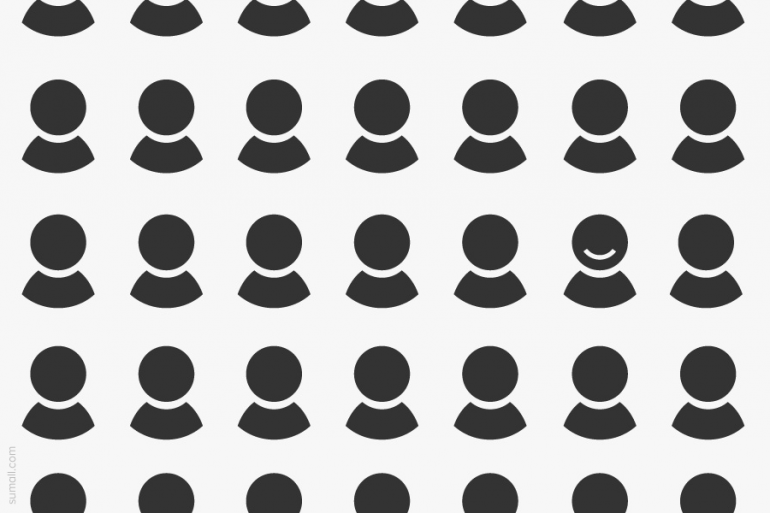Do you want to be able to contact and support individual students based on their performance and engagement but find it difficult in your large unit of study? Do you find the usual all-class emails and notifications promote an impersonal and one size fits all approach that many students treat as spam?
Learning analytics is the analysis and use of University-held student information to improve students’ learning experience and outcomes. The ‘Knowing Your Students‘ report available in unit of study LMS sites provides a detailed description of the cohort. During semester, data can be used to investigate how the class is performing. It can also be used to identify groups or individuals – via engagement levels or success measures for example – that can then be used to provide personalised feedback and support.
The Student Relationship Engagement System (SRES) is web-based software that allows teachers to easily and efficiently collect and analyse student data. This data could come from many sources and might include tutorial attendance, quiz marks and Blackboard log in dates. Alongside being a way to quickly collect attendance, marks and other information using a mobile app, the SRES can easily import grades and other data.
After using their judgement to select the most relevant information for their context, coordinators can build filters to identify groups or individuals to communicate with via personalised email and even SMS. For example, students may be considered to be at risk if they have not logged onto Blackboard for a few weeks and have missed an assessment deadline. The system then allows the coordinator to send an initial personalised communication with just these students. Or, she may want to personally congratulate a group of students who have consistently contributed to discussion and have been turning up to class, and provide them with interesting extension material.
Developed at Sydney, the SRES is being actively used in many units of study here and in other institutions. Although only an experimental system at the moment, its strength lies in the way it puts the coordinator and the individual students at the centre:
- The coordinator decides which data is most relevant for gauging student engagement and success.
- The coordinator decides the best way to design actions that either support or further challenge individuals or sub-sets of students.
- Students receive messages that are personal to them and their learning, assessment and engagement at that date.
If you would like to more about using innovative learning analytics tools like this to provide personalised support, take part in the conversations on the Educational Innovation and SRES groups on Yammer.





